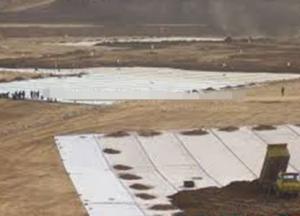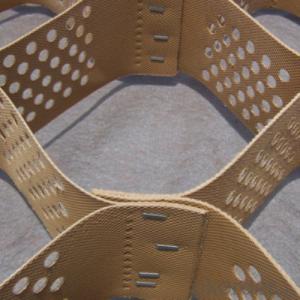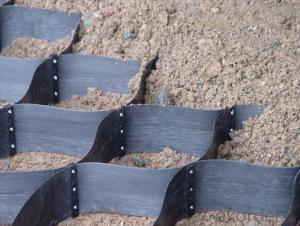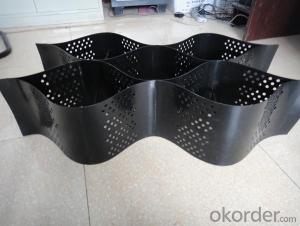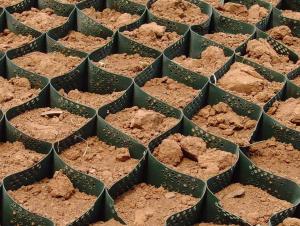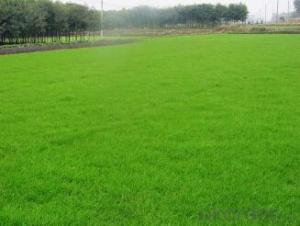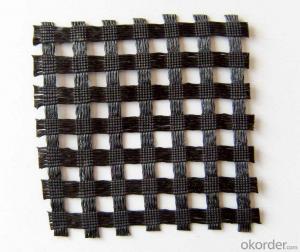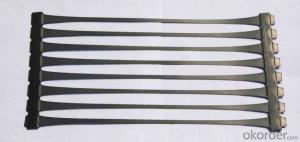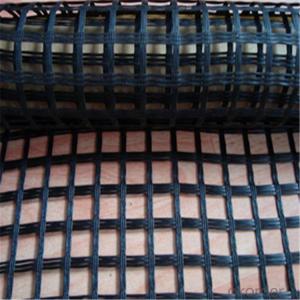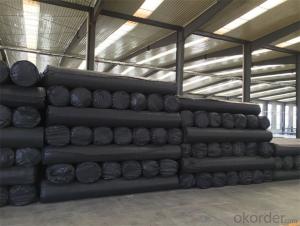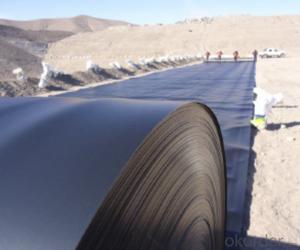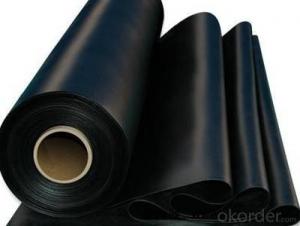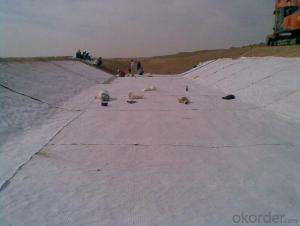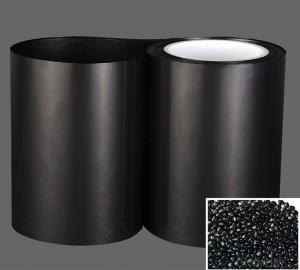All Categories
- - Steel Wire Rod
- - Steel Coils
- - Steel Profiles
- - Steel Pipes
- - Stainless Steel
- - Tinplate
- - Special Steel
- - Steel Sheets
- - Steel Rebars
- - Steel Strips
- - Hot Rolled Steel
- - Cold Rolled Steel
- - Pre-painted Steel
- - Seamless Steel Pipe
- - Welded Steel Pipe
- - Hollow Steel Tubes
- - Galvanized Pipe
- - Stainless Steel Coil
- - Stainless Steel Sheet
- - Stainless Steel Plate
- - Stainless Steel Strips
- - Electrolytic Tinplate Coil
- - Electrolytic Tinplate Sheet
- - Stainless Steel Rebars
- - Solar Panels
- - Solar Water Heater
- - Solar Related Products
- - Solar Inverter
- - Solar Cells
- - Solar Light
- - Solar Energy Systems
- - Solar Controllers
- - Solar Mounting System
- - Solar Pump
- - Solar Chargers
- - Fiberglass Chopped Strand
- - Fiberglass Mesh Cloth
- - Composite Pipes
- - FRP Pultrusion Profiles
- - Fiberglass Mat Tissue
- - Fiberglass Fabrics
- - Fiberglass Mesh
- - Composite Tank
- - Fiberglass Mesh tape
- - Polymer
- - FRP Roofing Panel
- - Fiberglass Roving
- - Monolithic Refractories
- - Ceramic Fiber Products
- - Refractory Bricks
- - Raw Materials For Refractory
- - Suspended Platform
- - Cranes
- - Concrete Machinery
- - Earthmoving Machinery
- - Building Hoist
- - Road Building Machinery
- - Plastic Pipe Fittings
- - Plastic Tubes
- - Plastic Sheets
- - Agricultural Plastic Products
- - Plastic Nets
 All Categories
All Categories
Q & A
What measures are taken to prevent soil liquefaction in earthquake-prone regions during earthwork?
In earthquake-prone regions, several measures are taken to prevent soil liquefaction during earthwork. These measures include conducting thorough geotechnical investigations to assess the soil properties and potential liquefaction risks. Based on these findings, engineers can design appropriate foundations and ground improvement techniques to mitigate liquefaction.
Some common techniques used to prevent soil liquefaction include:
1. Compaction: This involves densifying the soil by applying mechanical energy, such as vibrating or tamping, to increase its density and reduce its susceptibility to liquefaction.
2. Soil replacement: In areas with highly liquefiable soils, engineers may opt to completely remove the weak soil and replace it with more stable fill materials.
3. Grouting: This technique involves injecting grout (a mixture of cement, water, and additives) into the soil to improve its strength and reduce liquefaction potential.
4. Soil stabilization: This involves adding chemical or cementitious binders to the soil to enhance its strength and stability.
5. Deep foundation systems: Utilizing deep foundations, such as piles or caissons, can bypass the liquefiable soil layers and transfer the load to more stable strata.
6. Ground improvement techniques: Methods like vibro-compaction, dynamic compaction, or the installation of stone columns can improve soil densification and reduce the risk of liquefaction.
Overall, a combination of these measures is employed to ensure that the soil in earthquake-prone regions remains stable during earthwork, minimizing the potential for soil liquefaction and associated damage.
What are the implications of material shrinkage and expansion on cut and fill calculations?
The implications of material shrinkage and expansion on cut and fill calculations are significant. When materials shrink or expand, their volume and density change, which directly affect the calculations for determining the quantities of material needed for excavation (cut) or added to a site (fill). Failure to account for material shrinkage or expansion can lead to inaccurate estimations, resulting in inadequate or excessive amounts of material being ordered or used. This can lead to increased costs, delays, and potential safety issues. Therefore, it is crucial to consider the potential effects of material shrinkage and expansion when performing cut and fill calculations to ensure accurate and efficient project planning and execution.
What is the role of dewatering systems in earthwork projects, and when are they needed?
Dewatering systems play a crucial role in earthwork projects by removing excess water from the construction site, allowing for effective excavation, foundation work, and overall project progress. These systems are needed when the water table is high, or during rainy seasons, as excessive water can hinder construction activities and compromise the stability of excavations. By controlling the water levels, dewatering systems ensure a safer and more efficient construction process, allowing for timely completion of earthwork projects.
Wholesale Earthwork from supplier in Tanzania
Our range of Earthwork materials includes various types of aggregates, such as sand, gravel, and crushed stone, which are essential for construction projects. We also offer soil, clay, and rock for filling and leveling purposes. Additionally, we provide geosynthetic materials like geotextiles, geogrids, and geomembranes for soil stabilization and erosion control.
In addition to supplying Earthwork materials, we offer a wide range of services to support our customers' projects. Our experienced team can provide technical assistance and advice on material selection and usage, ensuring that you have the right materials for your specific requirements. We also offer transportation and logistics services, ensuring timely delivery of materials to your project site.
As a subsidiary of CNBM, we have access to a vast network of suppliers and manufacturers, enabling us to source high-quality Earthwork materials at competitive prices. Our strong relationship with local suppliers in Tanzania ensures that we can meet your project's needs efficiently.
We understand the importance of timely project completion, and our efficient procurement solutions are designed to minimize delays and disruptions. Our experienced team is dedicated to providing excellent customer service and ensuring that your Earthwork material needs are met on time and within budget.
Whether you are working on a small-scale construction project or a large infrastructure development, we have the expertise and resources to cater to your Earthwork material requirements. Contact us today to discuss your project needs and let us assist you in finding the best solutions for your Earthwork procurement in Tanzania.
In addition to supplying Earthwork materials, we offer a wide range of services to support our customers' projects. Our experienced team can provide technical assistance and advice on material selection and usage, ensuring that you have the right materials for your specific requirements. We also offer transportation and logistics services, ensuring timely delivery of materials to your project site.
As a subsidiary of CNBM, we have access to a vast network of suppliers and manufacturers, enabling us to source high-quality Earthwork materials at competitive prices. Our strong relationship with local suppliers in Tanzania ensures that we can meet your project's needs efficiently.
We understand the importance of timely project completion, and our efficient procurement solutions are designed to minimize delays and disruptions. Our experienced team is dedicated to providing excellent customer service and ensuring that your Earthwork material needs are met on time and within budget.
Whether you are working on a small-scale construction project or a large infrastructure development, we have the expertise and resources to cater to your Earthwork material requirements. Contact us today to discuss your project needs and let us assist you in finding the best solutions for your Earthwork procurement in Tanzania.
